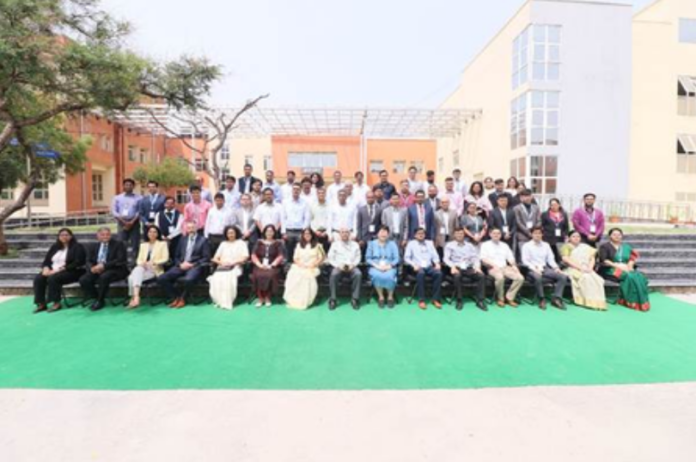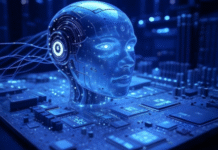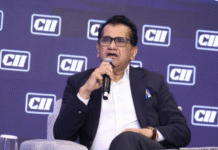New Delhi— India is positioning itself as a global leader in both artificial intelligence (AI) standardization and manufacturing, a senior government official said on Monday, highlighting the nation’s growing role in shaping ethical and interoperable AI systems.
Manish Sinha, Member (Finance) of the Digital Communications Commission (DCC) under the Department of Telecommunications (DoT), emphasized the importance of India’s dual strategy during a four-day workshop held in New Delhi. The event was jointly organized by the International Telecommunication Union (ITU) Area Office and Innovation Centre, and the National Centre of Excellence in AI Frameworks (NCA-F), DoT.
Sinha underlined the Telecommunication Engineering Centre’s (TEC) key role in advancing AI ethics by developing fairness assessments and rating mechanisms. He also praised the Telecommunications Standards Development Society, India (TSDSI), for helping create technical standards that ensure AI systems are secure, globally aligned, and interoperable.
The workshop brought together delegates from BIMSTEC countries — including Bangladesh, Bhutan, Nepal, Sri Lanka, India, and the Maldives — alongside global experts, regulators, startups, industry bodies, and academic institutions. The goal: to foster collaboration on developing trustworthy, harmonized AI standards for the telecommunications and ICT sectors.
Sinha stressed the need for consensus within the ITU framework to create inclusive and globally recognized AI standards. He also reiterated India’s commitment to economic inclusion through initiatives such as Digital Bharat Nidhi, and urged participants to contribute to building future-ready, ethical AI systems that promote sustainable development.
In a recorded message, BIMSTEC Secretary General Indra Mani Pandey echoed the importance of regional cooperation.
“Regional collaboration on AI standards is not optional — it is essential for ensuring that emerging technologies serve our collective development goals,” Pandey said. “By investing in standards today, we secure a future where AI can responsibly drive growth across all our member nations.”
Atsuko Okuda, Regional Director for Asia-Pacific at the ITU, noted that AI is no longer confined to research labs — it has become embedded in daily life and is projected to contribute $15 trillion to the global economy by 2030.
India’s efforts to lead in AI governance and innovation come as part of a broader push to harness emerging technologies for inclusive economic growth and digital transformation across the region. (Source: IANS)







